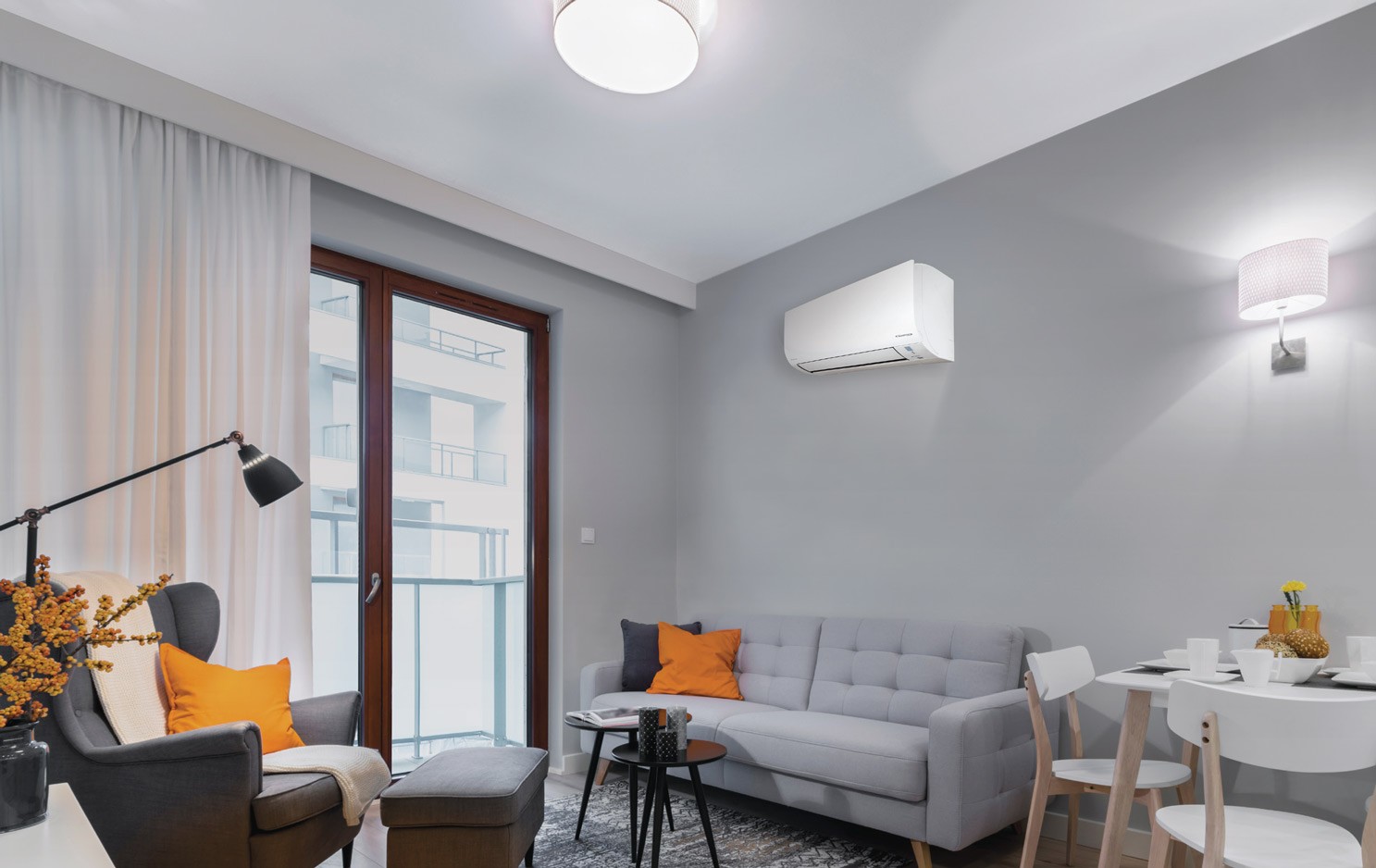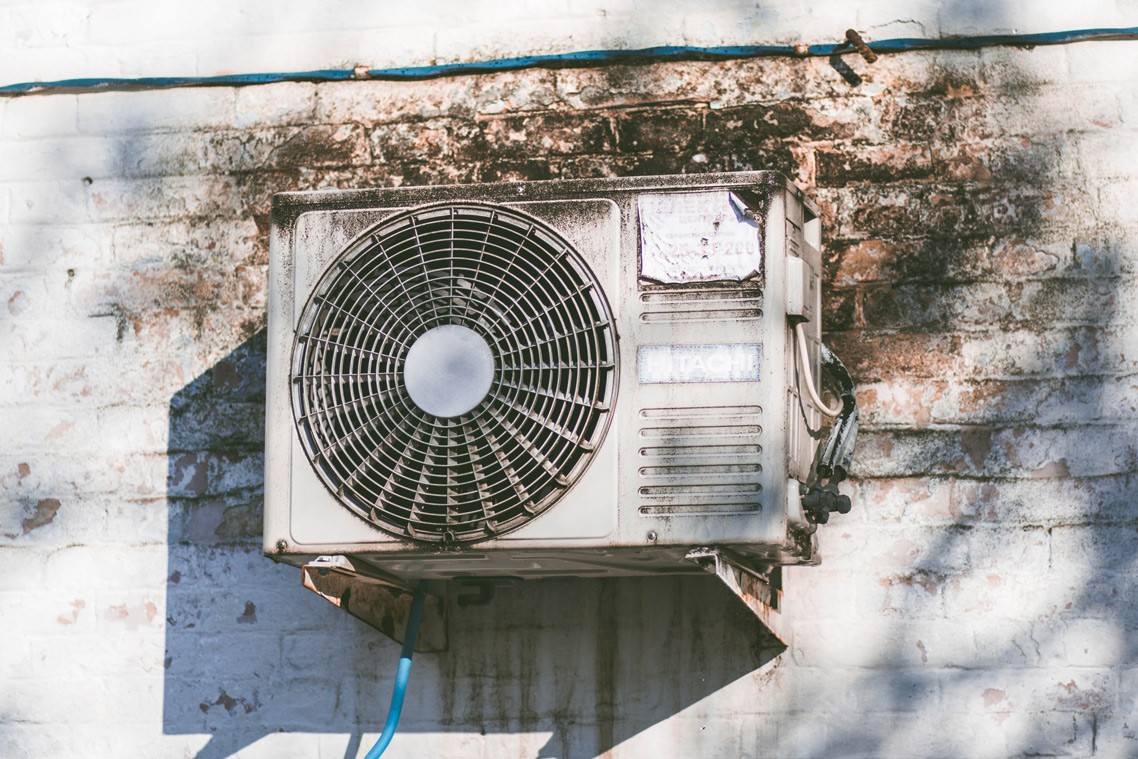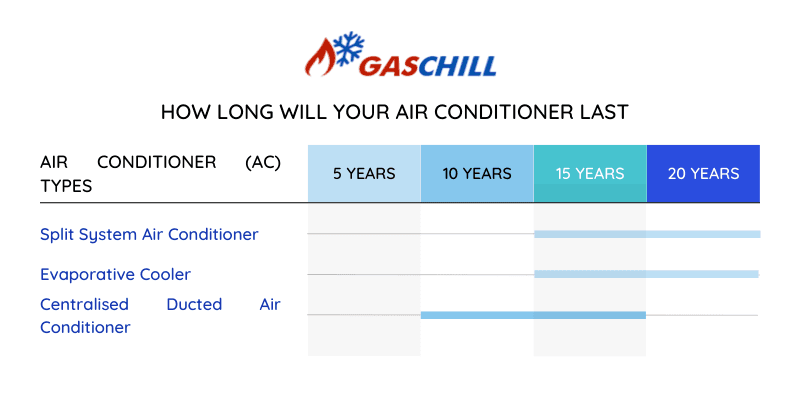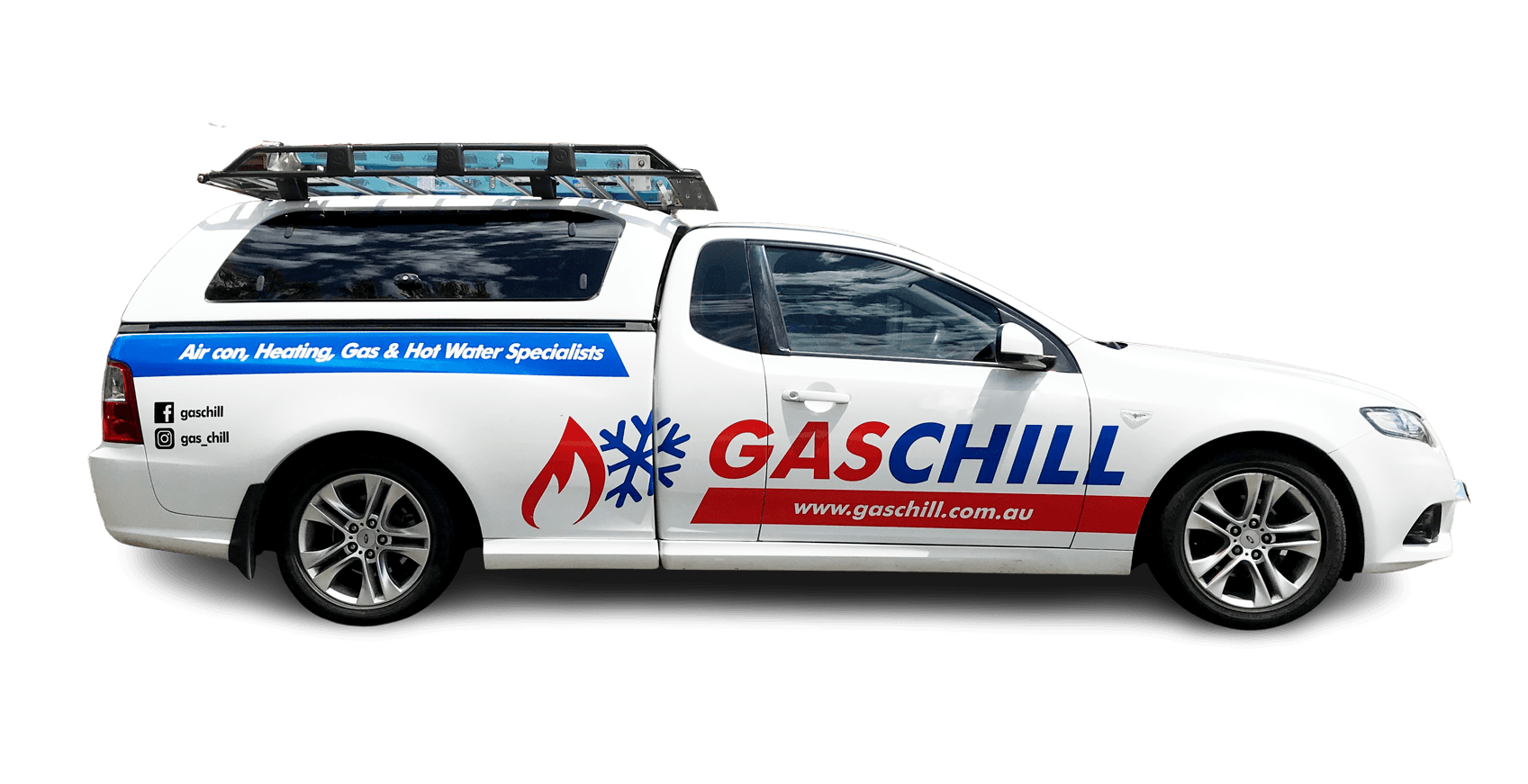6 Reasons Why Your Air Conditioner Isn’t Cooling Well

Authored by:
Noah Turner

It’s frustrating to have your air conditioner set to the coolest setting yet find that it’s not cooling your space well. Unfortunately, this is a common issue that AC users often face.
Below, we discuss the top 6 reasons why your AC isn’t cooling properly. Understanding what’s happening to your AC will help you avoid wasting time and money when you’re trying to fix it.
1. Incorrect Air Con Power For The Area
Ah, the dreaded disproportionate power of your air conditioner vs. your room. As a rule of thumb, always remember to check if the air conditioner you intend to purchase has the capacity to cool your space effectively. Otherwise, you may be wasting your time and money.
Purchasing an air conditioner with insufficient power (kW) for your room can overwhelm the system, making it work extra hard to cool such a large space. Over time this can wear it down further.
Conversely, purchasing an air conditioner with too much power (kW) matched up against your room can also bring problems as you may be incurring a higher electricity bill and suffer from overcooling of the space.
To avoid those mistakes, refer to the following guide to figure out how much power you need to cool your room effectively:

2. Clogged Air Filter
After filtering through dust particles, hair, pollen etc, air filters get clogged from use. If you don’t change the filter regularly, the clogged filter restricts airflow into the room. This can also cause other parts to wear out faster than usual, which will affect the air conditioner’s capacity to cool the space effectively.
Beyond this, clogged air filters can result in issues with the evaporator coil and condenser. To be on the safe side, filters should be cleaned every 3 months. This is simple enough for you to do independently, however if you’re unsure, reach out to Gaschill for a routine service.
3. Broken Compressor
A compressor is responsible for circulating the refrigerant between the evaporator and condenser coils. It is a key component in the air conditioning system, which ensures that the refrigerant is running through the system and that the whole unit is functioning properly.

Without an optimally functioning compressor, your air conditioner will not blow cool air. To prevent this, clean your coils and air filters every 3 months to protect your compressor from breaking down. A clogged air filter or coil can lead to the overheating of your compressor, which can cause it to become faulty.
If you suspect that your compressor is broken (it’s still not producing cool air after a clean), you may need it replaced. Contact our trained specialists to check it out and learn about the options available.
4. Dirty Evaporator
The evaporator is another key component of the air conditioning unit. It removes heat from the area that is to be cooled, which is why it plays an important role in ensuring that your room is kept cool.
A dirty evaporator affects your air conditioning’s ability to function well. You may find that your room isn’t cooling down because it’s unable to remove heat efficiently. To ensure that this does not happen, remember to wash your evaporator regularly. On average, you should be cleaning your evaporator every 6-12 months depending on how heavily it’s used.
5. Blocked Condenser
A condenser works to receive gas from the compressor and convert it into liquid. It performs this process via heat transfer, where absorbed heat from your house is transferred outdoors resulting in a cooler home.
If however, a condenser gets clogged, it can’t function properly and heat gets trapped indoors. Over time, this will cause inefficiency of the unit, which can wear it down further as it works to cool your space. To avoid this, wash the condenser at least once a year and enjoy a cooler room.
6. Age of Units

The 3 most common types of cooling units in Australia are split systems, ducted air conditioning and evaporative coolers. They each have their own lifespan because of their unique systems but typically last anywhere between 10 – 20 years. Most warranties would cover repairs and replacements of up to 10 years.
Generally, you can divide the lifespan of your cooling system into 3 main periods:
< 5 Years: Serviced Yearly
Regular maintenance of your air conditioning unit is vital in ensuring that your system works well. After the 3 year mark, the efficiency of your air conditioning system would have decreased as much 15% which is why it’ll need yearly servicing to recover this loss in efficiency.
5-11 Years: Serviced Yearly
This is when your cooling system will start to show more apparent signs of deterioration such as not cooling as well as it used to or leaking more frequently. You may also start to see significant increases in your energy bills because your cooling system is not as efficient as it used to be. Continue the yearly servicing but also keep a lookout for signs that parts might be replaced – worn out compressor or condenser (as described above).
> 12 Years: Replace
At this stage, you should be considering a replacement. Watch out for signs of your air conditioning system blowing warm air, producing loud noises or anything else that shows it is not functioning properly.
For evaporative coolers in particular, you can also look out for signs of significant corrosion. The system relies heavily on water and after some time, the metal will start to rust.
Repairs become less cost effective at this age, which is why a replacement might be your best option.
Book A Routine Service And Stay Cool
Clearly, proper maintenance of your AC can prevent hot and sticky situations- especially in the summer. To ensure that you’re getting your money’s worth, follow a regular maintenance schedule- on average once a year, with a trusted technician and keep your AC functioning at its best.
That said, sometimes your AC may need more than just a clean. To find out more about AC replacements or new installations contact Gaschill today.

By:
Noah Turner
Passionate about helping you find the most efficient ways to heat and cool your space.



